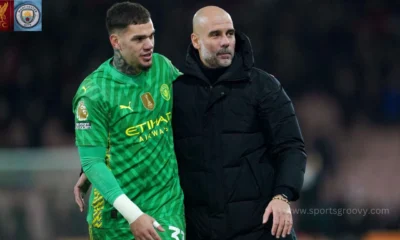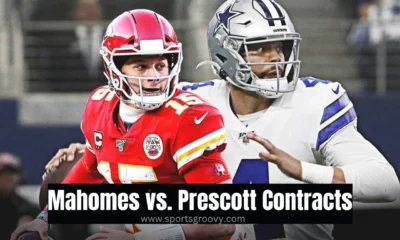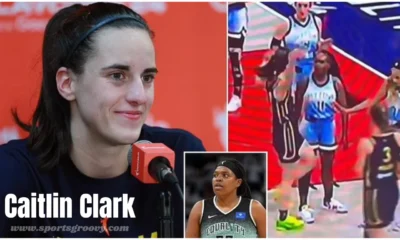NFL
Chicago Bears land Caleb Williams at QB but still face protection issues
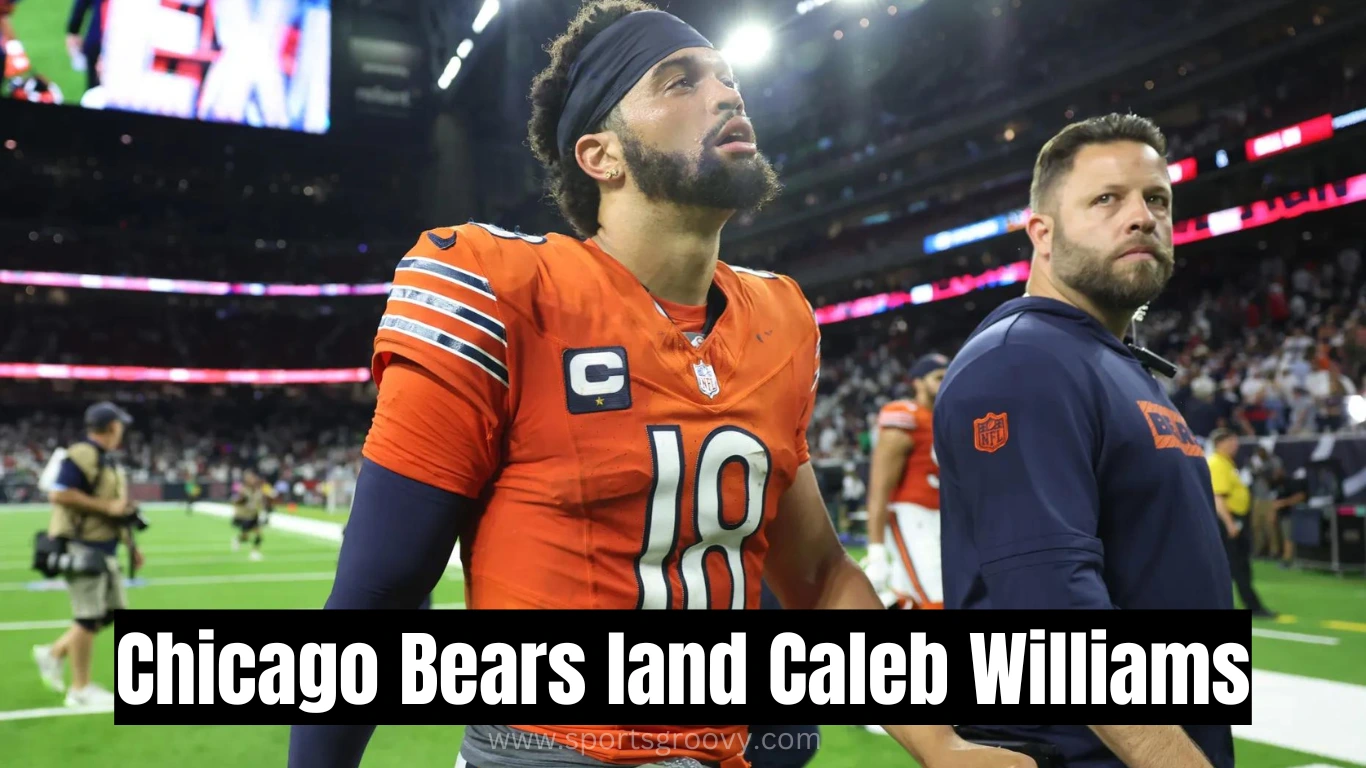
The Houston Texans attacked the Chicago Bears from every possible direction. Blitzes came from all angles and at every speed, converging on rookie quarterback Caleb Williams like a relentless wave. It was less of a football game and more of a town hall meeting. The only agenda item was sacking Williams, the Bears’ No. 1 overall draft pick.
By the time the dust settled, the Texans had overwhelmed Chicago with a defensive overall performance that made Williams’ day a nightmare. The rookie quarterback becomes sacked seven times, the maximum any quarterback has persevered in a single sport this season. With a mixture of pace and ferocity, Houston’s protection threw blitz after blitz on the young sign-caller.
According to the league’s Next Gen Stats, Williams faced a blitz 20 times in passing situations, which pressured him on an astonishing 36 of his 37 dropbacks. At one point, it seemed as though the Texans had been gambling with SUVs in their shielding front, riding via the Bears’ offensive line effectively.
The result was a 19-13 loss that felt frustratingly familiar for Bears enthusiasts. Despite Williams’ immense talent and promise, he spent most of the game under constant pressure, struggling to find rhythm and make plays.
Chicago’s defense managed to keep the score respectable, but that effort only masked the underlying issues that plagued the team. The offensive line, unable to protect their franchise quarterback, seemed overmatched at every turn, and Williams barely had a chance to showcase his abilities.
Protection Problems Persist
Once again, the Bears were left to confront a painful reality: their protection problems are far from solved, and without a quick fix, the growing pains will continue. This scenario has haunted Chicago for years and now threatens to dim the excitement surrounding their future with Williams.
A little bruised up, Caleb Williams admitted. After the game, when asked about the relentless punishment he endured in the Chicago Bears’ loss to the Houston Texans. You know, I took a couple of hits today. I will get into the ice tub and do everything I need to ensure my body’s ready for tomorrow, practice the other days, and the next game.
For a rookie quarterback with immense promise, Williams’s physical toll on Sunday was alarming. It wasn’t just a few hard hits; it was an afternoon filled with relentless pressure that seemed never-ending. At the same time, Williams remained calm and measured in his post-game remarks. Undoubtedly, the Bears are facing a significant inflection point early in the season.
After only two games, it’s not time to panic but a moment of deep concern. The pressure on Williams is a glaring signal that something fundamental may need to change within the team’s offensive scheme if they hope to avoid subjecting their prized young quarterback to more of the same.
Williams Needs Better Protection
The Bears can’t afford to keep putting Williams in these situations, where he’s forced to run for his life on nearly every snap. Their Week 1 win against a struggling Tennessee Titans team was no exception. Even though they managed to win, the Bears’ offensive line was trucked similarly by the Titans’ defense.
Chicago narrowly escaped with a win, but the cracks in their protection were already evident. Those cracks were blown wide open against Houston, a far more formidable opponent.
The Texans are built with the type of defensive architecture the Bears aspire to have: a furious, nasty defensive front that can terrorize quarterbacks, paired with a stingy secondary that doesn’t give up easy plays.
The result was a suffocating defensive performance that overwhelmed Chicago’s offensive line and turned Williams’ day into a painful learning experience. This was a game where the Bears couldn’t hide their protection issues, and if they don’t address it soon, this pattern could become a defining storyline of their season.
They blitzed Williams 20 instances and pressured him on 36 of his 37 dropbacks. The Bears’ offensive line, already shaky coming into the season, had no answer for the relentless onslaught. The result was seven sacks, countless hurried throws, and a disjointed offensive sports plan.
It’s one thing to live to tell the tale that in opposition to a crew like the Titans, who’re genuinely in a rebuilding phase, but while dealing with a group with the Texans’ level of protective skills, the Bears’ shortcomings have become too obvious to disregard.
Texans Set the Standard
Houston isn’t just a team with robust protection, even though. They’ve built their franchise around a young quarterback who appears destined to be the face of the corporation for the subsequent decade and beyond. Paired with high-quit talent role players on offense, the Texans have the balanced, properly-rounded roster the Bears strive for. Watching Houston dismantle Chicago on Sunday turned into a painful reminder of just how far the Bears need to pass.
Chicago’s protection did its great to hold the rating decent. However, even a robust protective effort can’t mask the deeper troubles. Without significant enhancements to their safety scheme, Caleb Williams won’t have the risk of showing off his competencies, and the Bears are in danger of wasting the capability of their No. 1 general draft pick out.
The road ahead for the Bears looks challenging. There’s no question that Williams is tough and resilient. However, his achievement will depend upon the group’s capacity to keep him upright. If Chicago can’t find a way to repair its protection troubles, it is probably in for an extended season that mirrors the struggles that have haunted the franchise for years.
Key Differences Revealed
Several essential variations exist between the Texans and the Bears, especially regarding the offensive line and the walking game. The Texans have progressively constructed their offensive line into a strong, presentable unit over the years.
It’s no longer ideal but dependable and sufficient to shield quarterback C.J. Stroud, who’s coming off an outstanding rookie season. Another critical factor for Houston is their running game, which saw notable offseason investment.
The team brought Joe Mixon and Cam Akers to join Dameon Pierce, forming a dynamic trio of backs to create a balanced and potent rushing attack. When all three players are healthy, they’re expected to form one of the more respectable running rotations in the league.
Houston’s approach this season has been clear from the start. Even though Stroud delivered a historically polished rookie year, the Texans were not going to transform him into a high-volume passer, throwing 40+ times per game. Instead, offensive coordinator Bobby Slowik has focused on creating offensive balance.
His strategy is to keep defenses guessing and reduce the pressure on Stroud by relying on a strong ground game. The Texans’ Week 1 performance was a perfect example of this philosophy. Houston split 36 rushing attempts between its running backs and wide receivers, a clear indication that the team is committed to achieving offensive balance.
Also read: Fantasy Football Hub AI Wildcard Team for FPL Gameweek 6
Texans’ Blueprint for Success
That same formula was the goal against the Bears, too. However, a critical injury to Joe Mixon in the third quarter, caused by a hip-drop tackle, disrupted Houston’s plans. Mixon’s absence forced the Texans to adjust, but the blueprint remains a steady running game to complement Stroud’s passing and protect him from the relentless pressure Williams faced in Chicago. This holistic approach is a significant advantage Houston holds over the Bears.
Even with Joe Mixon sidelined by a leg injury, the Texans’ approach on Sunday night should send a clear message to the Chicago Bears: what Houston has done to protect C.J. Stroud is precisely what the Bears need to do for Caleb Williams.
The Bears’ offensive line, which already looks overwhelmed, bears an unfortunate resemblance to the units that often left Justin Fields battered and bruised in recent seasons. Williams found himself pressured relentlessly, with breakdowns coming from every position on the line, from left tackle to right guard, and even the tight end spot failed him at times.
This constant pressure resulted in an offensive performance that never found its rhythm. Williams, forced to operate under duress, sailed several throws over the heads of his receivers.
However, they made some ill-advised passes while scrambling, revealing the out-of-structure chaos that concerned some talent evaluators before the 2024 NFL Draft. But if the Chicago Bears want Williams to operate effectively within a structured offense. They need to provide him with a foundation he can trust. That wasn’t the case against the Texans, and Williams leaves Week 2 without a single touchdown to his name—Wile with two passing performances that can only be described as ugly.
Protection Is Everyone’s Responsibility
Bears head coach Matt Eberflus acknowledged the obvious after the game. “You look at it. We gave up seven sacks, and everybody will talk about that,” Eberflus said. “But I believe protection is everyone’s responsibility.
It’s the tight ends, it’s the running backs, it’s the offensive line, and it’s the quarterback. Everybody plays a role. And we need to be better when it comes to running the ball. It was OK, but not good enough. Establishing the run is always a good friend to a young quarterback, and we must do that.
Undoubtedly, new offensive coordinator Shane Waldron is feeling the heat. Through video games, his play-calling has generated just 353 yards of offense. However, the Bears are saddled with one of the worst strolling games in the league. This is a miles cry from what Waldron turned into anticipated to deliver after his two-year stint as the Seattle Seahawks offensive coordinator. Where he successfully balanced the run and pass.
Bears’ Offensive Chaos Unfolds
In Chicago, Waldron was tasked with moving the Bears away from their run-heavy tendencies. They were, moreover, leveraging Caleb Williams’ dynamic passing ability to create a balanced, high-powered offense. Instead, the results have been chaotic, and the disarray was on full display in their loss to the Texans.
Meanwhile, Waldron’s role in the offensive scheme will be under scrutiny. It won’t overshadow the glaring issues on the offensive line, which was repeatedly dominated by the Texans’ defense. A defining moment came late in the fourth quarter, during a drive that could have sparked a Chicago Bears’ comeback.
With momentum on their side, Chicago faced second-and-10 at their 48-yard line. That’s when correct tackle Darnell Wright, who had already struggled with penalties, completely missed his block on Texans defensive end Danielle Hunter. Hunter stormed past Wright and sacked Williams for an 8-yard loss, a hit the quarterback never saw coming.
Offensive Struggles Plague Bears
The sack effectively killed the drive, draining Chicago’s momentum and sealing the game for the Texans. The Chicago Bears could only muster two more desperate plays, one of which was a 1-yard scramble from Williams.
However, a wildly inaccurate pass landed far from rookie wideout Rome Odunze. It was a fitting end to a game marked by offensive dysfunction with Waldron’s game plan. As a result, the Bears’ offensive line failed to deliver in critical moments.
Offensive line problems like the ones plaguing the Bears are rarely resolved during a season. Fixing them typically requires one of two things: either scheming protection packages that move the quarterback. Moreover, it alleviates pressure on the line or establishes a solid running game, allowing blockers to dictate the pace and build chemistry.
Whether the Bears can accomplish both remains to be seen, but the course ahead is clear. Sunday’s loss to the Texans served as a stark reminder of how far behind the Bears are in their rebuild compared to groups like Houston.
The Texans have set a well-known standard, and now Chicago is aware of just how many paintings are left to be executed. That message was delivered not only on the field but also when Texans quarterback C.J. Stroud met Caleb Williams at midfield after a night when Williams was constantly under siege.
Stroud’s Advice to Williams
“I just told [Williams] that everything that got you here is going to take care of you in the long run,” Stroud shared. “Don’t put your head down. Don’t let a hard time humble you. It’s not going to be easy. You got picked at No. 1 for a reason.”
Stroud’s words were a reminder of Williams’ undeniable talent. But they also seemed to speak to the painful reality of the Chicago Bears’ past. Chicago drafted Williams with the hope that he could succeed where previous quarterbacks, like Justin Fields, had fallen short. However, after the Texans battered Williams on Sunday, the specter of Fields’ struggles and the issues that contributed to them feel uncomfortably close in the rearview mirror.
The Chicago Bears have a few pieces in location, but the game against Houston underscored just how ways they nonetheless need to go. The pressure is mounting, now, not only at the offensive line but on the whole company, to ensure that Williams doesn’t follow the same irritating route as his predecessor.
-
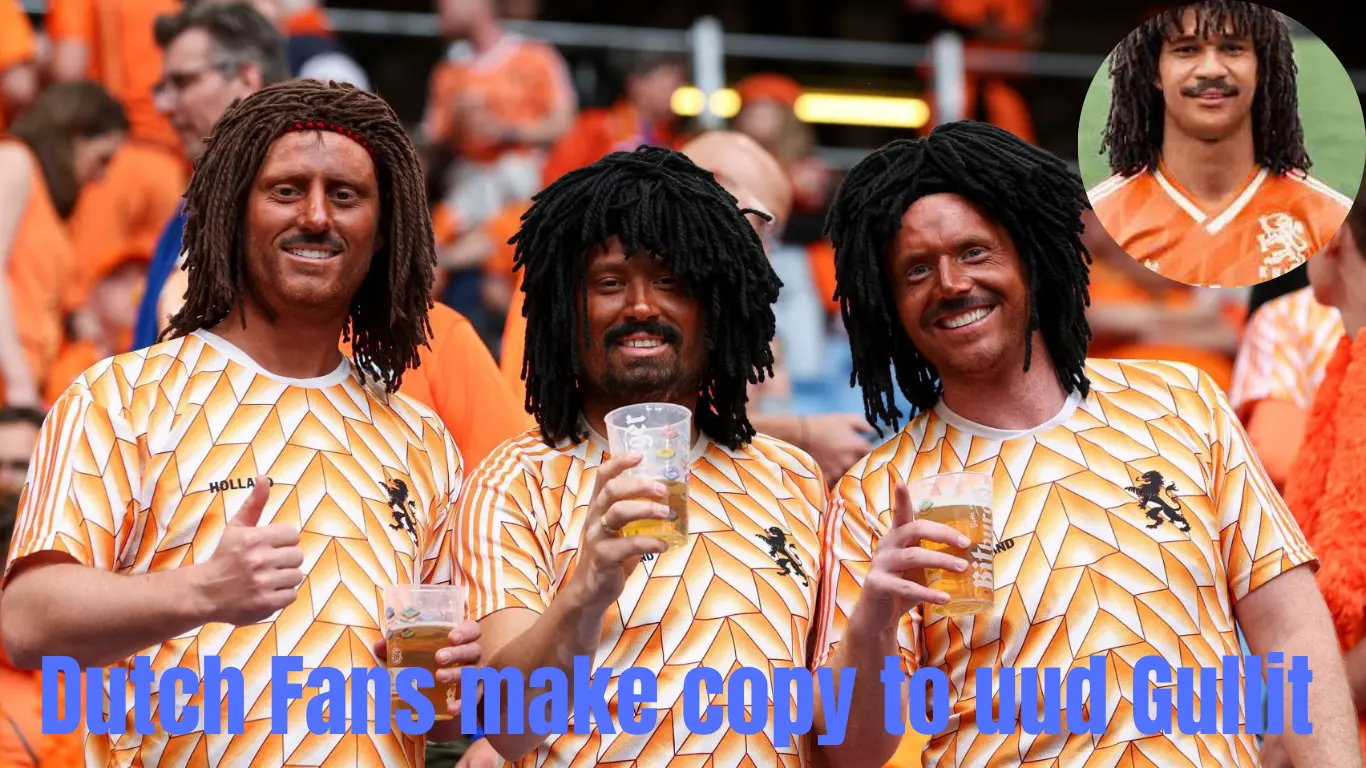
 Soccer6 months ago
Soccer6 months agoDutch Fans in Blackface to Imitate Ruud Gullit, One Agrees to Stop
-

 Soccer6 months ago
Soccer6 months agoEx Glamour Model Says Party with England Team Before Euros
-

 News8 months ago
News8 months agoDubai Flood, Rain Turns Desert to Aquarium🌧️🐠
-
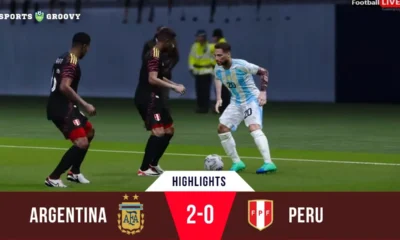
 Soccer6 months ago
Soccer6 months agoArgentina vs Peru 2-0 Highlights & All Goals Copa America 2024
-

 Entertainment7 months ago
Entertainment7 months agoThe Try Guys’ Journey From Four to Two
-
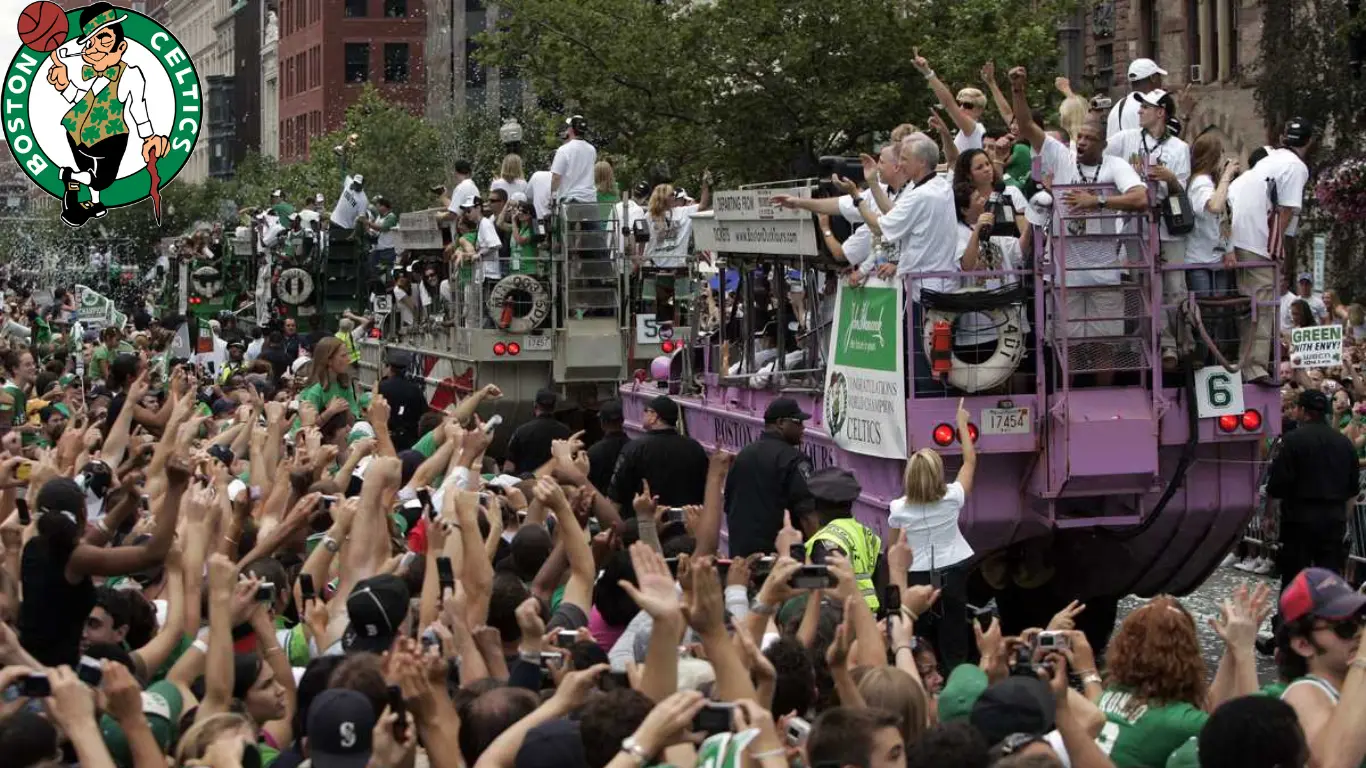
 NBA6 months ago
NBA6 months agoCelebrate with the Boston Celtics: Parade and Traffic Updates
-
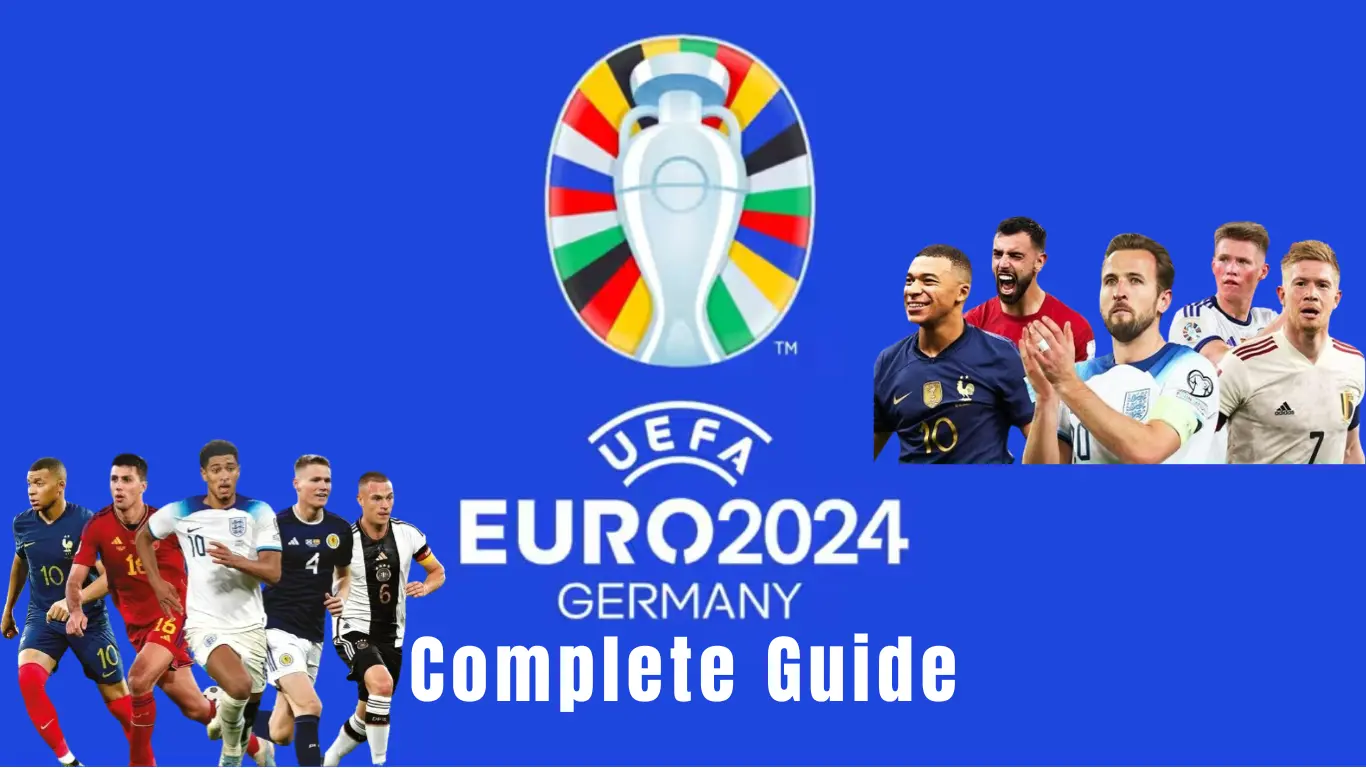
 Soccer6 months ago
Soccer6 months agoUEFA EURO 2024: Essential Guide and Key Information
-
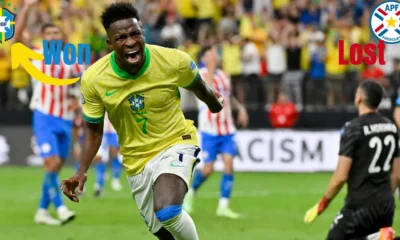
 Soccer6 months ago
Soccer6 months agoVinicius Jr Scores Two Goals in Brazil’s Win Vs Paraguay in Copa America 2024


